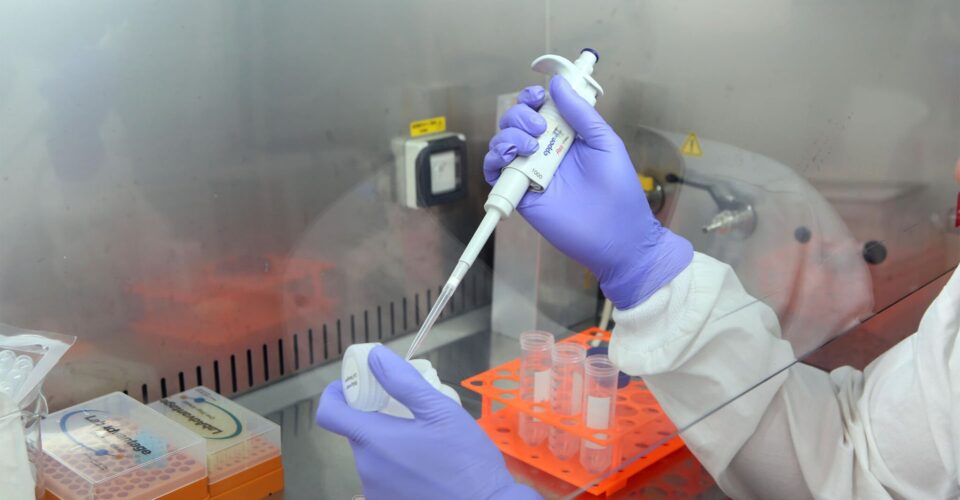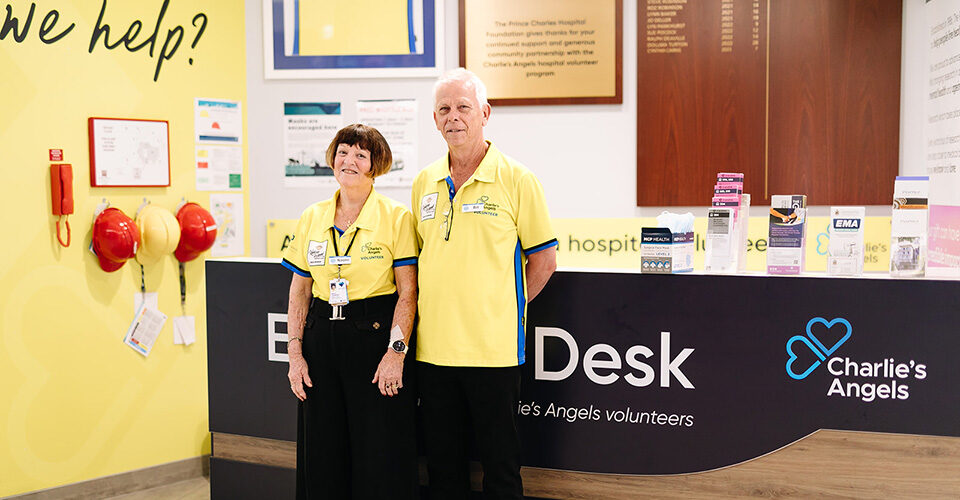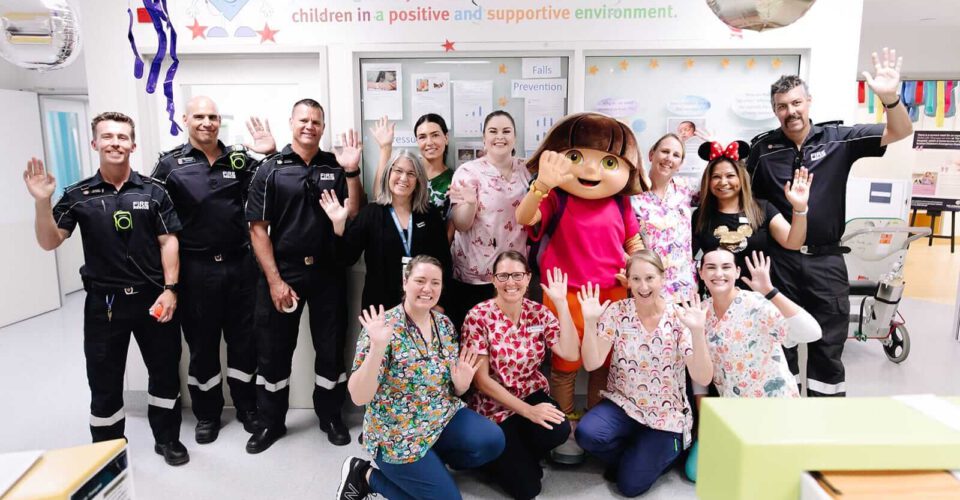There are more than 11,000 Intensive Care unit admissions annually and severe infection, or sepsis, accounts for a high portion of these. Sepsis occurs when the body reacts badly to a bacterial infection by releasing chemicals that result in inflammation; it’s an illness that kills more people annually than prostate cancer, breast cancer and HIV/AIDS combined.
Luckily, sepsis can be treated and treated successfully if identified early enough. The faster treatment starts, the better chance a patient has to overcome this severe infection; however it can be difficult to identify highly at-risk patients using current assessment tools.
Dr Hahn Pham hopes to fix this problem with the use of a non-invasive skin probe that has a high success rate of identifying patients at risk of organ dysfunction and deterioration.
This non-invasive skin probe has been introduced to the Emergency Department, and has been successful in enabling early sepsis treatment and intervention. This treatment has been seen to reduce the risk of death in patients suffering from a severe infection.
With the success of this study this probe could be introduced and used clinically in Emergency Departments and Wards throughout Australia and the globe, potentially saving the lives of thousands of patients each year.
Support The Common Good here









